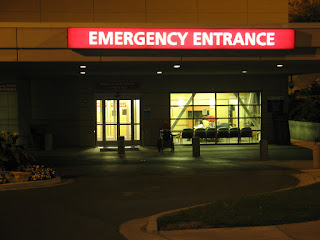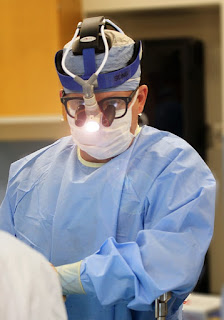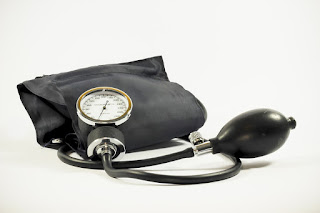Heart disease is one of the leading causes of death and disability in the United States. Every year, various kinds of heart ailments account for more than 25% of all fatal illnesses, accidents and other events. The most common sub-type of heart disease out of all known cases is coronary artery disease. It is caused by a build-up of plaque in the arteries (large blood vessels that carry blood away from the heart). Over time, this accumulation causes atherosclerosis, or a decrease, or even a complete blockage, of blood flow. The prevalence of this kind of heart disease has created a steady need for doctors who specialize in caring for the patients who subsequently suffer from it. There are many opportunities in the Eastern part of the US to study for this kind of medical career, for example in a cardiovascular fellowship Washington DC.
Cardiology Fellowship DC: General Information
Individuals undertaking a cardiology fellowship are already highly trained physicians who will know some both general and specific information about the features of heart disease. Here are a few general knowledge facts about heart disease that are part of the curriculum of a cardiology fellowship Washington DC. Knowledge of this information helps the new physician practice in a way that is both medically and culturally sound:
- It is known that deaths from heart disease are not consistent across ethnicities. Non-Hispanic Blacks and Whites have higher death rates from heart events than other groups like Native Americans, Asians, and Pacific Islanders.
- Where the Cardiologist practices will have some bearing on the rate and type of heart disease within the local population. Certain areas in the South and Midwest regions of the US have much higher incidences than Northern and Western areas.
- Certain lifestyle factors make some individuals predisposed to arterial and other kinds of heart disease. Some of these include a history of Diabetes, being overweight or obese, consuming a poor diet, a sedentary lifestyle, and excessive use of alcohol or other drugs.


















